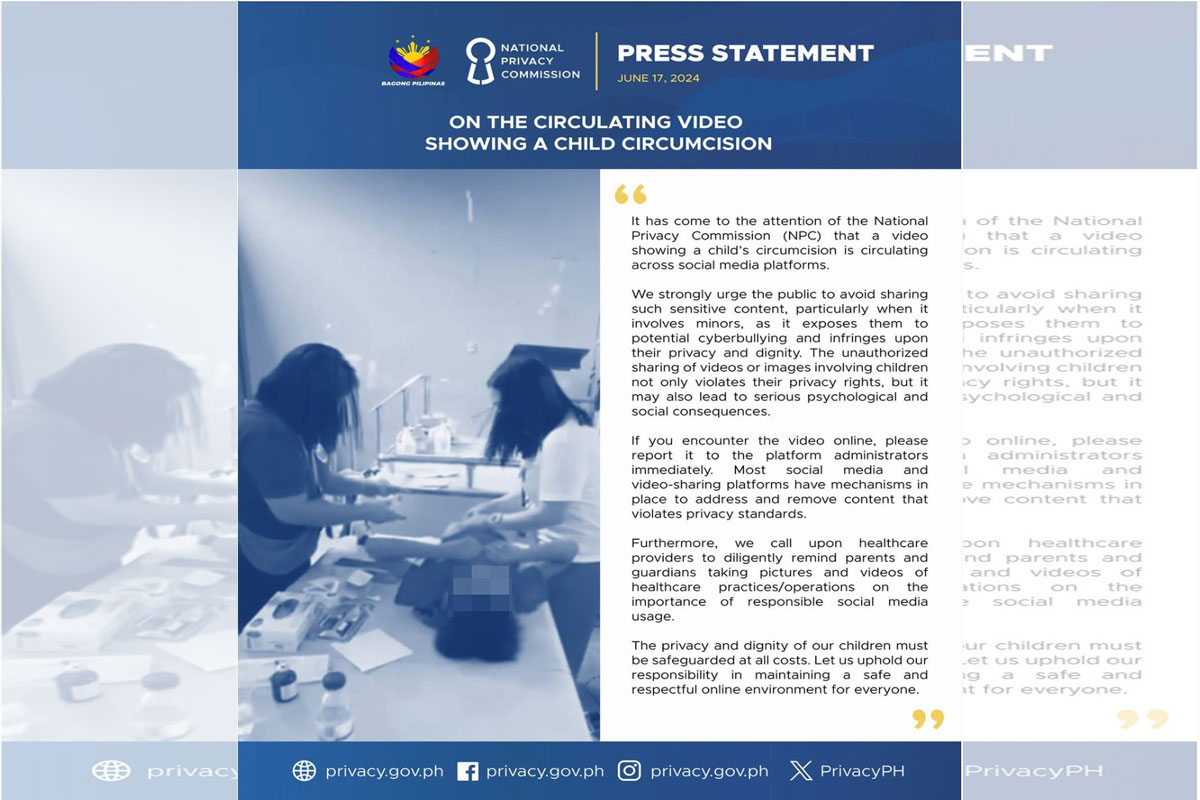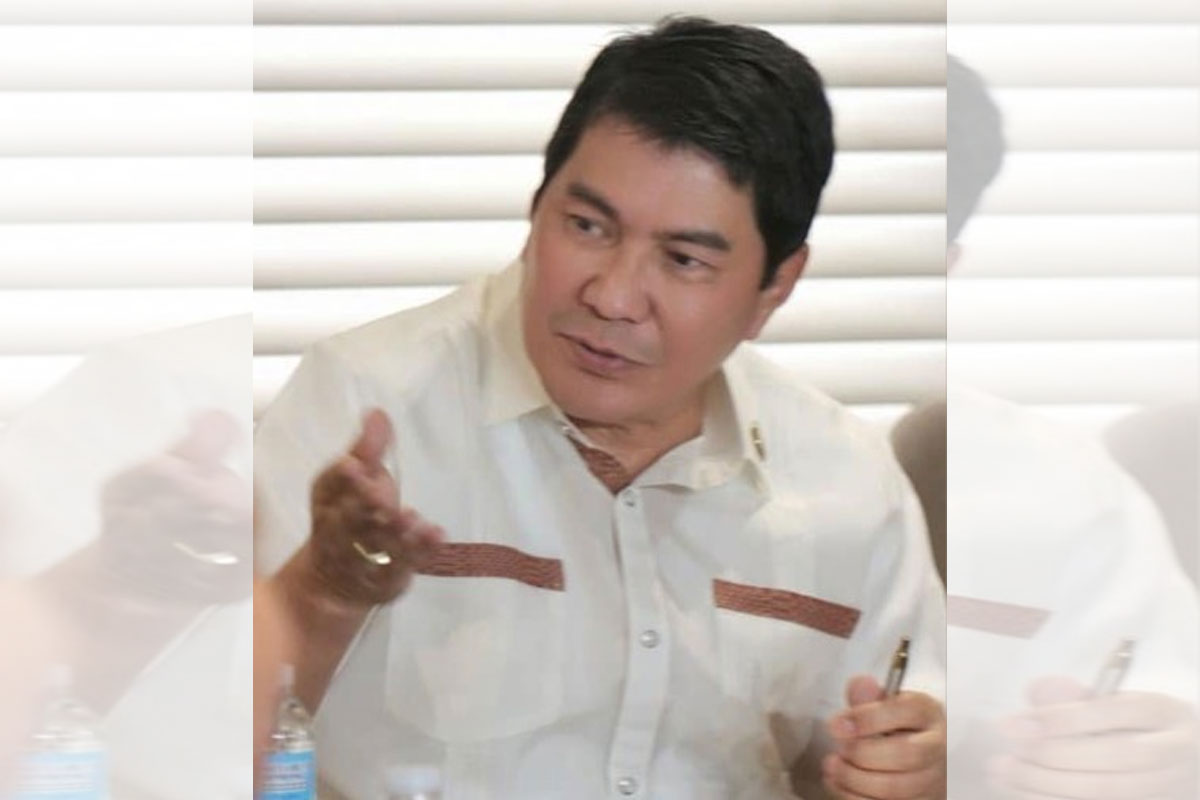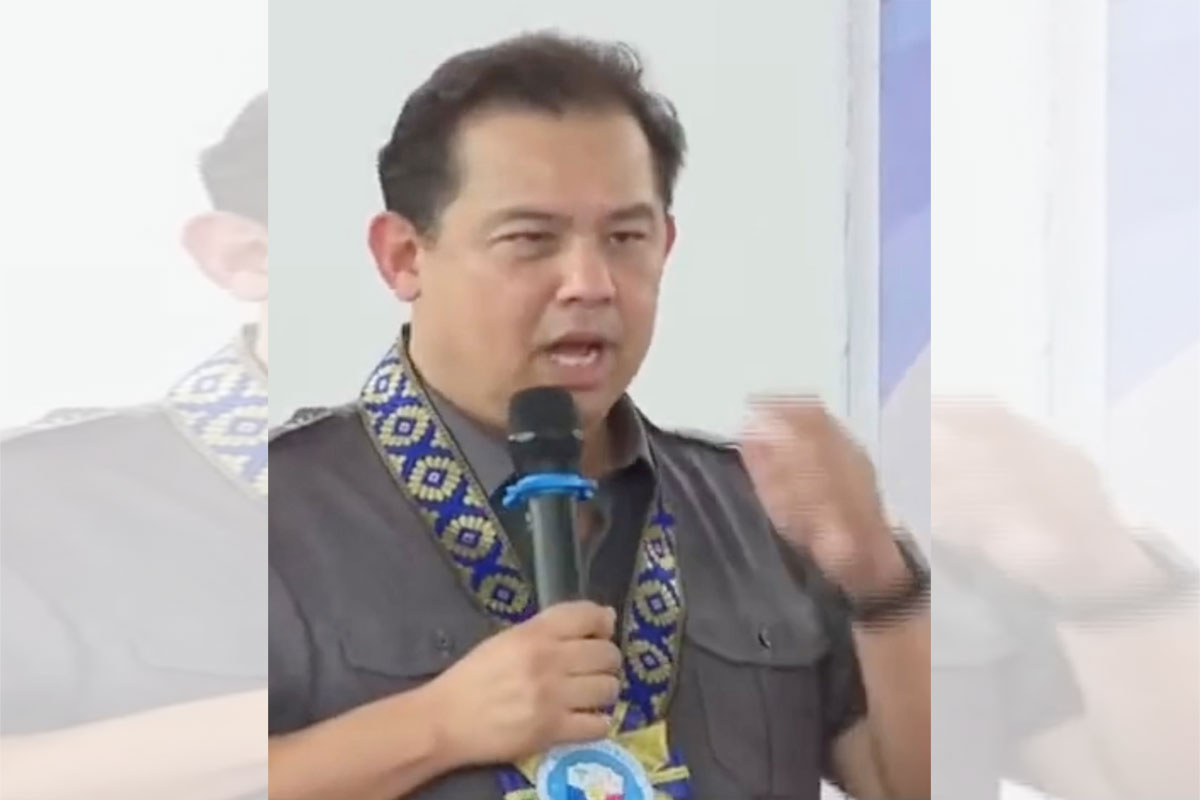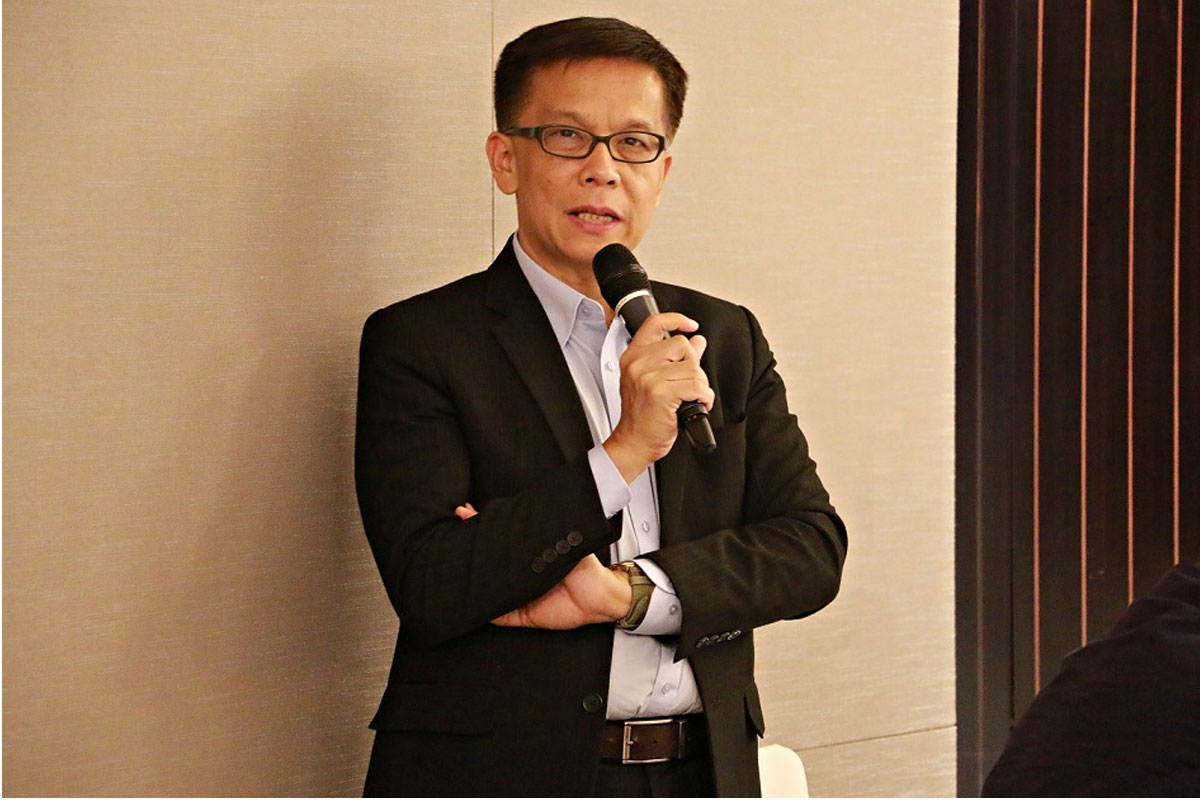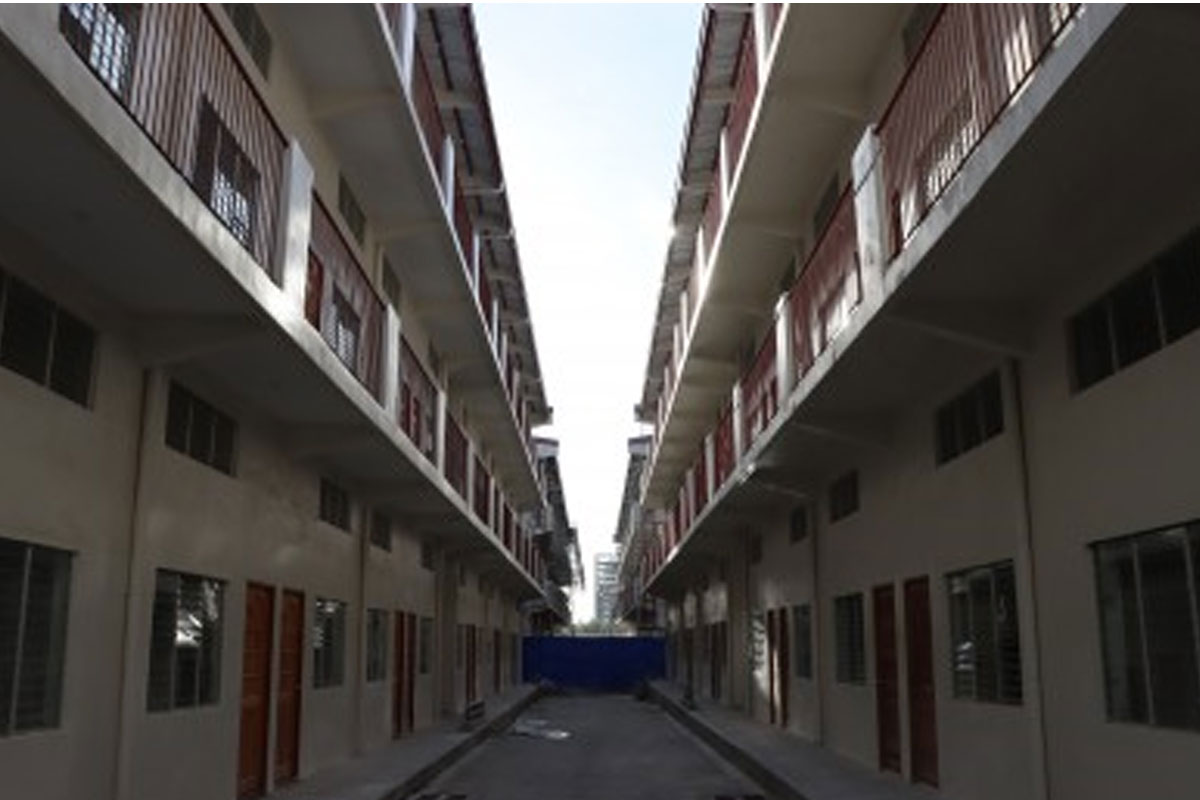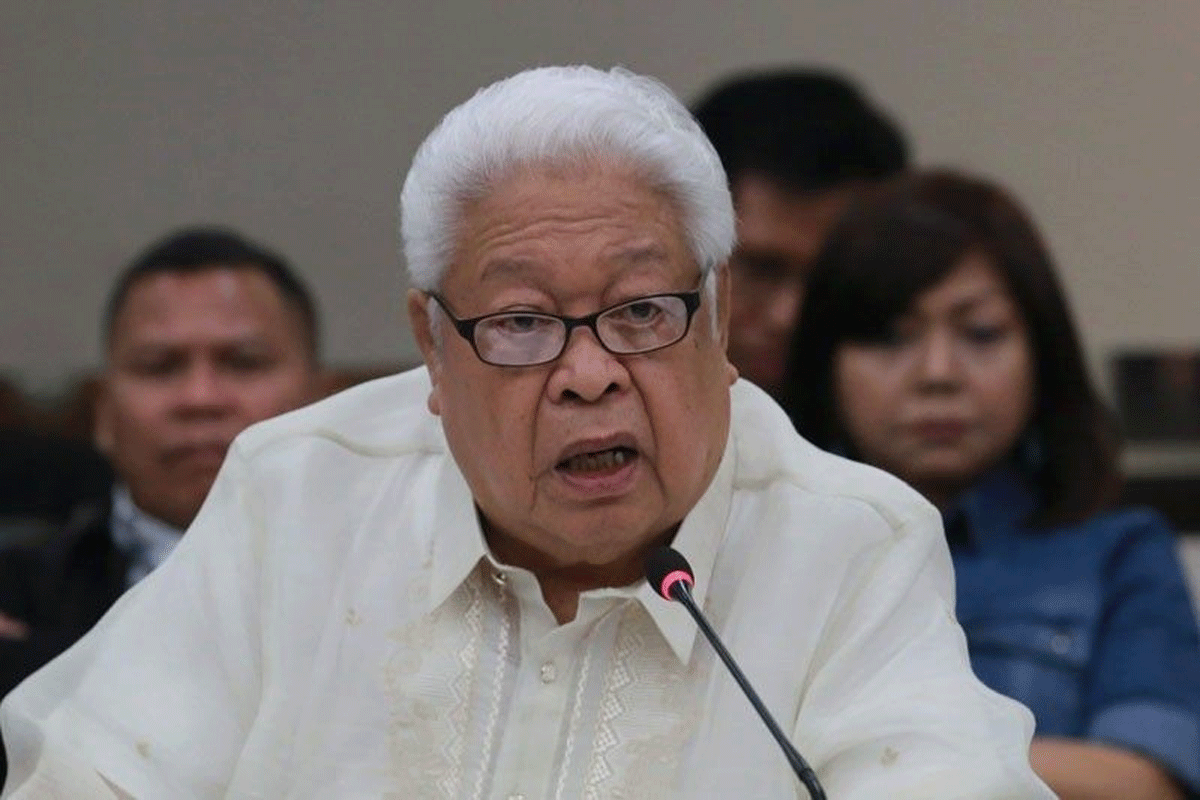
ONE CHAMBER
VETERAN congressman-lawyer Edcel Lagman of Albay has expressed his preference for a unicameral legislature, instead of the present bicameral Congress composed of the House of Representatives and the Senate.
He made known his choice when asked if work on legislative measures like the Divorce Bill, of which he is principal author, would be faster if the legislature was just one chamber.
“Gusto ko unicameral, para mabilis ang legislation at para ma- pinpoint ang responsibility, ang responsibility doon sa unicameral. Ngayon, nagpapasa ng responsibility ‘yung House o ‘yung Senado at tumatagal ‘yung legislation,” he said.
However, he said converting the present Congress into a one-chamber legislature “will have to entail a constitutional amendment, because that is an institutional change.”
The present Charter change resolutions pending in Congress, Resolution of Both Houses (RBH) No. 6 and 7, do not contain any proposed political constitutional amendment.
The proposals in both resolutions are changes in the Charter’s restrictive economic provisions.
RBH No. 6 is the Senate version, while RBH No. 7 is the House version.
The House had already approved RBH 7, while RBH 6 is still pending in the Senate.
Lagman said his vote on a final version of the proposed economic Charter changes would depend on their contents.
“Depende rin kung anong mga economic provisions na nanduon. Eto ba sa edukasyon, sa public utilities, sa advertising, depende ho. Iyong tatlong iyon, depende pero sa edukasyon palagay ko meron tayong reservation duon. Sa advertisement ay hindi naman kailangan na. The frontiers are wide open sa advertising,” he said.
As for the proposal to open public utilities to full foreign ownership, the Bicol lawmaker said the issue is pending resolution by the Supreme Court, where the constitutionality of the amended Public Service Act further liberalizing telecommunications has been challenged.
“Ang public utilities lang ang pag-uusapan natin at meron ng batas ngayon na iyong requirement ay iniba na pagkat, iyong public service and public utility ay iniba iyong definition, nakasalang iyan sa Korte Suprema,” he said.
Lagman said if the high court rules that further liberalization should be written in the Charter, then an amendment would be needed.
“Hinihintay natin iyong desisyon diyan tungkol sa kung tama ba o hindi at kung ang sabi ng Korte Suprema in the Constitution iyong batas, then we will have to go the amendment of the Constitution tungkol sa public utilities,” he said.
Public utilities are required to be at least 60-percent owned by Filipinos under the present provisions of the Charter.






